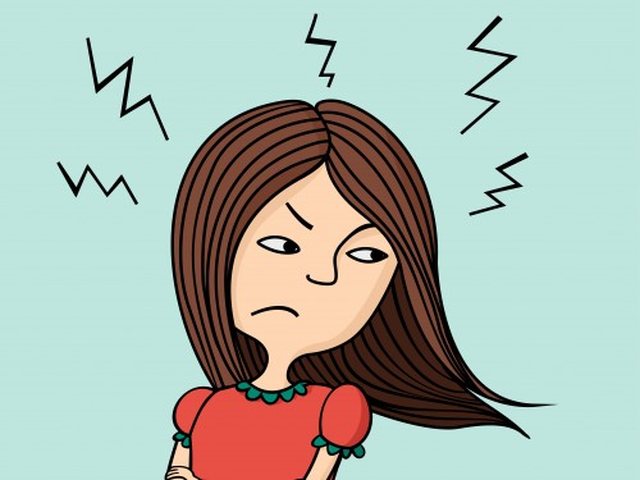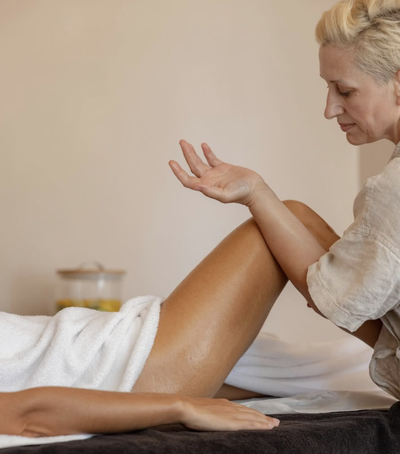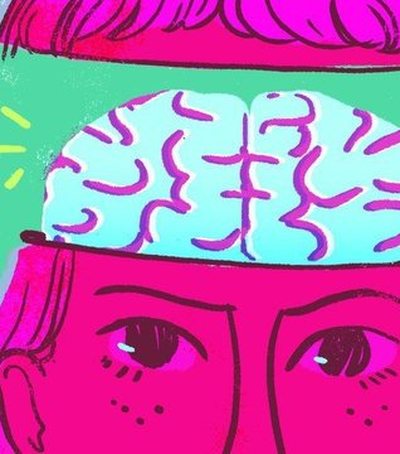
Were you surprised to see it in the PMS title? In fact, this is one of those conditions that affects the majority of women around the world and you probably didn't know the exact name! It is premenstrual syndrome (PMS), which usually occurs in the days before the cycle comes. Unless there is a test available to diagnose PMS, if you are a woman you are most likely to have experienced these symptoms but just did not know what they are!
The mood swings, the nervousness, the feeling of sadness, the swelling and hardness of the breast are all signs that the cycle is coming. But why do women experience PMS and is there anything you can do to lessen the impact?

We spoke with Narendra Pisal, a gynecologist in London and an expert on PMS symptom management:
What is PMS and why does it happen?
PMS is a combination of symptoms that many women experience a week or two before their cycle begins. It is not fully understood why women experience PMS during the menstrual cycle, but it is thought to be related to hormones.
"We know that PMS and premenstrual disorder is a very severe form of PMS caused by hormone fluctuation in the body," Pisal reveals. "The symptoms, which can be physical and psychological, start a few days before your period and can be severe enough to affect your well-being, quality of life, work performance and relationships."

The balance between estrogen and progesterone levels is often responsible for the symptoms. After ovulation, your estrogen level drops and your progesterone level starts to rise. This imbalance then arises in PMS symptoms. Before making a diagnosis, it is important to keep a diary of your symptoms and establish a strong link between your menstrual cycle and your symptoms. For some women the symptoms of PMS can become so severe that they can drastically affect their quality of life.
Tips for treating PMS:
exercises
Research suggests that physical exercise can relieve PMS symptoms, including low mood and energy levels. One study found that women who performed aerobic exercise three times a week for eight weeks felt improvement in premenstrual symptoms.
Vitamin B6
Vitamin B6 (pyridoxine) has been shown in a number of studies that relieve PMS symptoms. Taking vitamin B6 (pyridoxine) and evening herbal supplements can help.

Dietary changes
Making some dietary changes can help alleviate the symptoms. Experts advise stopping caffeine, sugar and milk.
Lifestyle changes
Strategies for reducing stress, such as yoga, exercise, and avoiding stressful situations at work and at home can also help.
Combined contraceptive pill
Using a contraceptive pill is one of the most common ways to counteract hormone fluctuations and is often helpful in reducing the symptoms of PMS.





